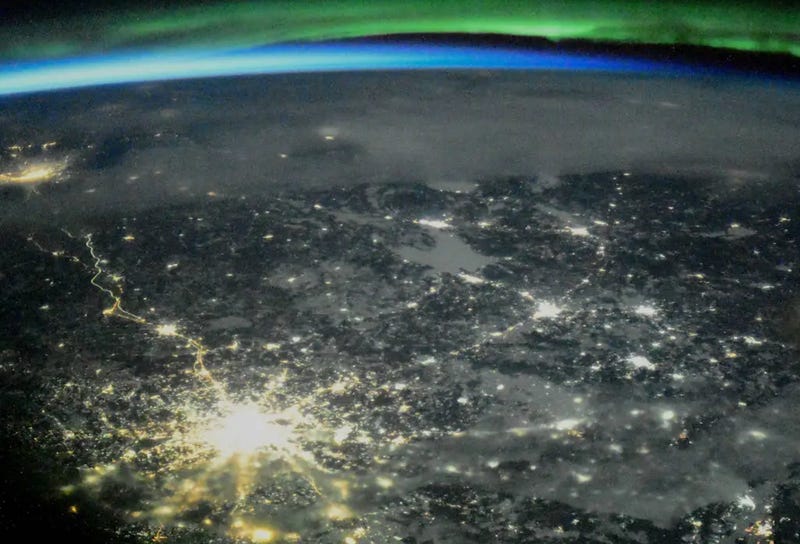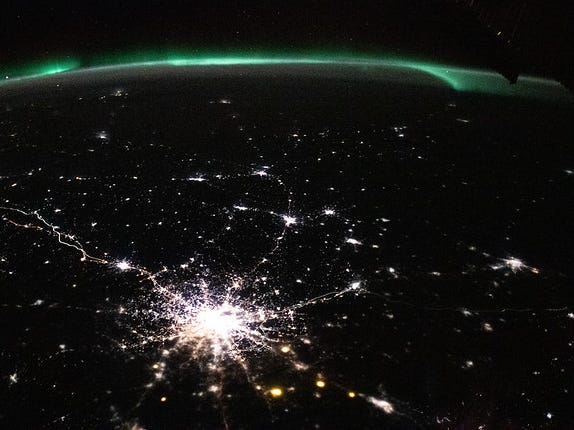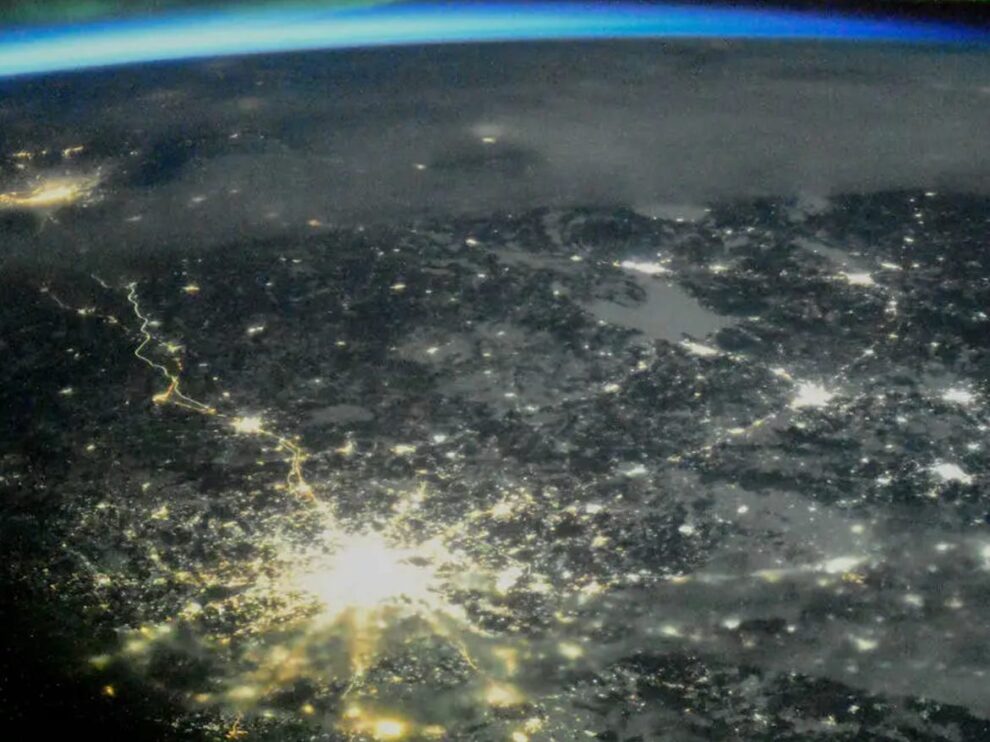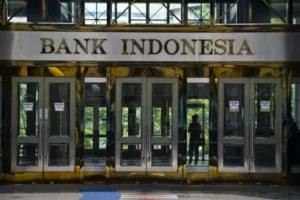Davos/Switzerland (23/1 – 27.27). Sweden uses nighttime satellite photos to gauge Russia’s economic health, its economic minister said.
Elisabeth Svantesson said the inflation figures from Russia’s central bank were an understatement.
Images of Moscow before the 2022 invasion of Ukraine are noticeably brighter, she said.
Images match the economic forecasts on the ground. Prices for meat, chicken, fish, onion and potatoes rose by 30-40%.
Crumbling infrastructure carries costs for ordinary Russians. The high costs of the war impact the cash reserves of the Russian Federations.
Experts expressed the rise of the Russian economy is short lived and war driven. “Don’t give in the notion the Russian economy is doing great”, said an expert who spoke to us anonymously, “The western alliance is geared up to the Russian attack.”, she added.
Ukrainian President Volodymyr Zelenskyy stated that at least “200,000 allied troops” would be necessary. The numeric superiority of the Russians was successfully eroded. Reports suggests the Ukraine fields now approx. 800,000 troops compare to the dwindling number of Russians and North Koreans.
The declining health of Russia’s economy is as clear as day — or night, a finance minister said Wednesday. Elisabeth Svantesson, the finance minister of Sweden, said she and her officials were sceptical of how Russia’s official figures were describing its economy.
According to figures released by the Russian Finance Ministry, the country’s deficit reached $30 billion, while revenues fell by 25% during the same period. The oil and gas industry makes up the funding. However, strategic targeting by the Ukraine impacts storage facilities in Russia.
One measure they use instead, Elisabeth Svantesson said on a panel at the World Economic Forum in Davos, is comparing photos of Moscow by night.
The lighting there, she said, was darker in 2023 than in 2021, indicating a capital and a nation in trouble.
Business Insider found some public photos showing the Moscow skyline in the years Svantesson mentioned. Here is one from March 2021:

Moscow seen from above in a March 2021 photo from the International Space Station. NASA

A NASA picture of Moscow taken in 2023. NASA
It’s hard to make a precise comparison — the time of day and cloud cover are different.
But in the 2023 image, the pools of light showing Moscow’s suburbs appear smaller and less frequent than in the preinvasion image.
“It’s very clear that the Russian economy is definitely not as strong as Putin wants us to believe,” Svantesson said.
She said that Moscow’s inflation was “much higher than the public figure says.” Russia’s most recent figure puts it at 9.5%, which Svantesson said was out of kilter with its main interest rate of 21%.
She also said levels of capital leaving Russia suggested a struggling economy, as did the space photos of Moscow.
“There is over Moscow, for example, a much darker picture,” she said.
“They’re not using as much electricity,” said the panel moderator, Ravi Agrawal, the editor in chief of Foreign Policy.
“No, no, no. It’s much darker,” Svantesson said.
Western countries imposed sweeping sanctions on Russia in the wake of its 2022 invasion of Ukraine, mostly designed to cut off the oil and gas exports crucial to its economy.
The Kremlin says it has withstood the worst potential effects of the sanctions. Svantesson said that vision of a strong economy was a tactic to convince Ukraine and its allies that sanctions don’t work.
She concluded that “we don’t know” the true state of Russia’s economy, “but what we know is that his narrative and his truth is not true.”









